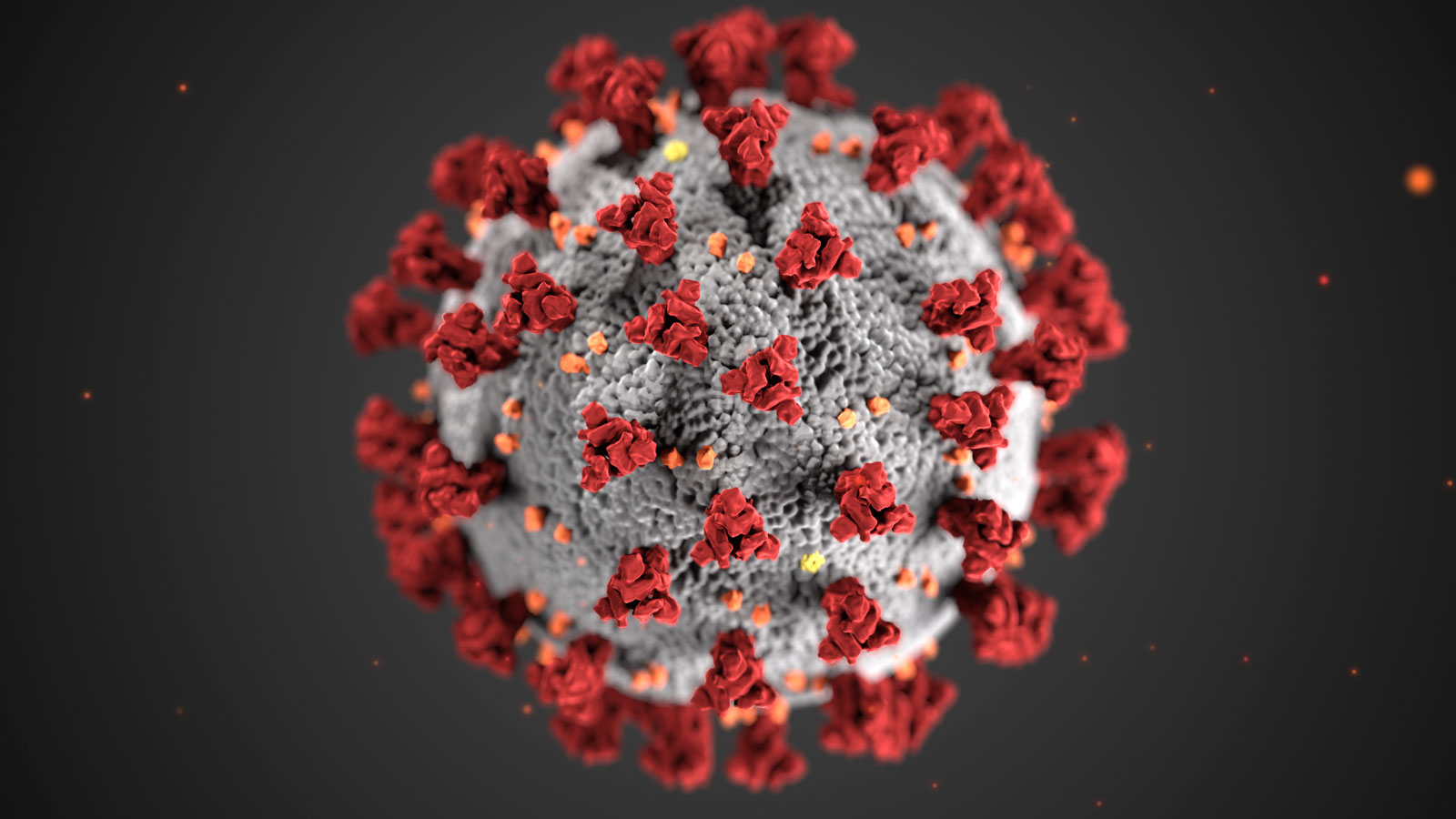
Polymarket, a decentralized prediction market for world events, provides forecast analysis that the US vaccination rates are rising, albeit modestly. However, the country is still alarming because only 51% of the US population is fully vaccinated. The highly infectious Delta variant has driven cases from a 7-day average of 13,500 daily points in early June to 125,894 daily cases on August 12, 2021.
The Delta variant currently fuels the COVID-19 surge in the USA

An internal C document from the Centers for Disease Control and Prevention (CDC) found that the Delta variant could make people sicker, based on research from Singapore and Scotland. Although COVID-19 cases are rising, all projections rely on moving targets such as mask-wearing and vaccination behavior. As such, there is no accurate forecast, even on a relatively short time scale.
The Delta variant currently fuels the Covid-19 surge in the USA, and Polymarket forecasters intend to predict the pattern of the COVID-19 rate in the US throughout the pandemic. However, the Delta variant is still a cause for concern. According to new projections released by a consortium of researchers working with the CDC, we might experience synergetic effects of people becoming less cautious because of the modestly increasing vaccination rates.
According to these projections, if the US population reaches 70% of complete vaccination and the Delta variant has a transmission rate of 60%, then the peak in mid-October would have about 60,000 recent cases and 850 deaths each day. However, on August 12, the daily average was 125,894, and the number seems to rise. This rise could mean that we could witness the worst-case scenario by the peak in mid-October, which shows about 240,000 people getting infected and 4000 people dying every day. However, this is simply a probability. It is clouded with uncertainty because changes in behavior and significant shifts in vaccination could significantly change the results.
Overall, the central projection shows a steady increase to the peak in October, followed by a constant slope downwards. The delta variant is prone to super spreading in under-vaccinated communities, but public policy and behavior changes can still move the dial to milder outcomes.
Patrick Collison (@patrickc), CEO of Stripe, recently posted a tweet that stirred numerous opinions based on the Polymarket probabilities. In his tweet, Patrick said;
“The US dropped below 100,000 COVID-19 cases per day in February. Over the past week, the odds (on Polymarket) of exceeding that threshold again before the end of the year went from 50% to 75%.”
As tweeted
His tweet was based on a market on Polymarket where forecasters predicted whether or not the US would break 100,000 new daily COVID-19 cases before 2022. The market has been resolved. Indeed, there have been over 100,000 daily Covid 19 cases before the end of the year.
There is another market on the platform on whether or not there will be more than 200,000 Covid-19 cases by October. Polymarket traders are currently pricing a 30% probability that the US will reach the 200,000 case threshold.
What is a Polymarket?
Polymarket is a decentralized prediction market that allows users to speculate on the outcome of actual world events. It was launched in 2020, and it is built on the Ethereum network with Polygon technology. In other words, Polymarket is a non-custodial and decentralized betting platform that allows you to stake your cryptocurrency and earn from accurate predictions of public opinions and future events. Polymarket is an information markets platform built on the blockchain that enables users to track market-based probabilities of various future events. Topics range from coronavirus, politics, current events, and more.
Probabilities are generated as Polymarket users trade on what they believe will happen. With the crowd’s wisdom, a market-based forecast is created, which can help give the average person insight into what to expect in the future.
